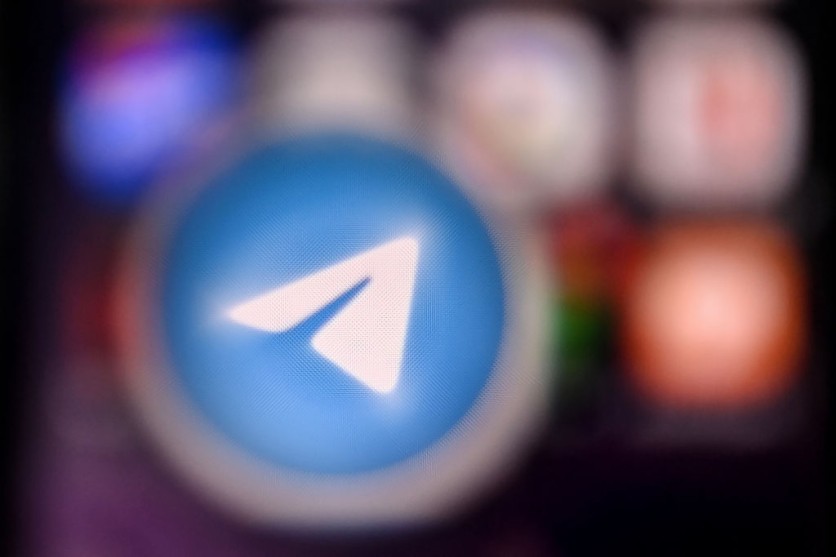Telegram has expanded its premium content with its "Telegram Stars," an in-app currency for digital purchases.
Launched in June, Telegram Stars allows mini apps to accept payments for digital services using the simplest payment method possible: "in-app purchases on Android and iOS," per Telegram CEO Pavel Durov, CoinTelegraph reported.
Telegram channels may convert stars into Toncoin or use them for channel marketing discounts from the Open Network (TON) blockchain.
Telegram Focusing on Business Tools
Fragment platform lets channel owners withdraw stars and convert them to Toncoin. Exchangers exchange Toncoin and then transfer it to banks. This gateway enabled Telegram to auction usernames on the TON blockchain.
According to a recent TechCrunch report, channel owners may also utilize Stars to get discounts on channel ads. Telegram's newest version adds a small app bar at the bottom for rapid access to small applications without refreshing.
Discovery tools let users touch hashtags to see all public stories with that hashtag in the description. Adding location tags to tales lets viewers see all public stories from an area by simply pressing the tag.
Telegram launched numerous business-focused services this year to attain a billion active users and profitability. Small businesses can add location and opening hours, personalized start pages, greeting and goodbye messages, and chatbot assistance.
However, the popular online chat service is under security scrutiny. Social media users were alarmed by Telegram founder Pavel Durov's viral interview.
In a widely shared X video, Durov tells Tucker Carlson he is Telegram's only product manager and employs "about 30 engineers," as TechTimes previously reported.

Telegram Remains Widely-Used Despite Security Issues
Durov's statements might expose users, say security experts. Johns Hopkins cryptography expert Matthew Green called Telegram a "security nightmare" with "ugly targets, UAE servers, and no end-to-end encryption."
Green indicates Telegram's default chats aren't end-to-end encrypted like Signal or WhatsApp. End-to-end encryption requires a "Secret Chat." Durov's brother created Telegram's encryption, which has been questioned.
Telegram is a messaging app and social network. According to Eva Galperin, the cybersecurity director of the Electronic Frontier Foundation, Telegram "sits on an enormous amount of user data," making 30 engineers insufficient to address "content moderation issues" and misuse.
Galperin said that Telegram's underpaid and overworked technical crew makes it an attractive target. Due to its small staff, Telegram may struggle to battle government-backed hackers.
Moreover, Guardio found that Telegram has become a criminal hotspot, jeopardizing users' phones and data. Expert and amateur hackers use the platform to exchange illicit tools and information, according to the online security firm.
Separately, two prominent Bangladeshi anti-terror police officials sold confidential civilian data to criminals over Telegram. TechTimes reported that Bangladesh's National Telecommunications Monitoring Center chief Brigadier General Mohammad Baker claimed the two police officials sold national IDs, mobile phone call logs, and other sensitive data.
Despite these challenges, Telegram is one of the most downloaded apps, with 700 million monthly users. The platform's publicity team emphasizes user privacy and human rights, noting its pro-democracy work in Iran, Russia, Belarus, Myanmar, and Hong Kong.
As security threats increase, experts encourage users to safeguard their data and devices by avoiding suspicious links and installing anti-malware tools.





